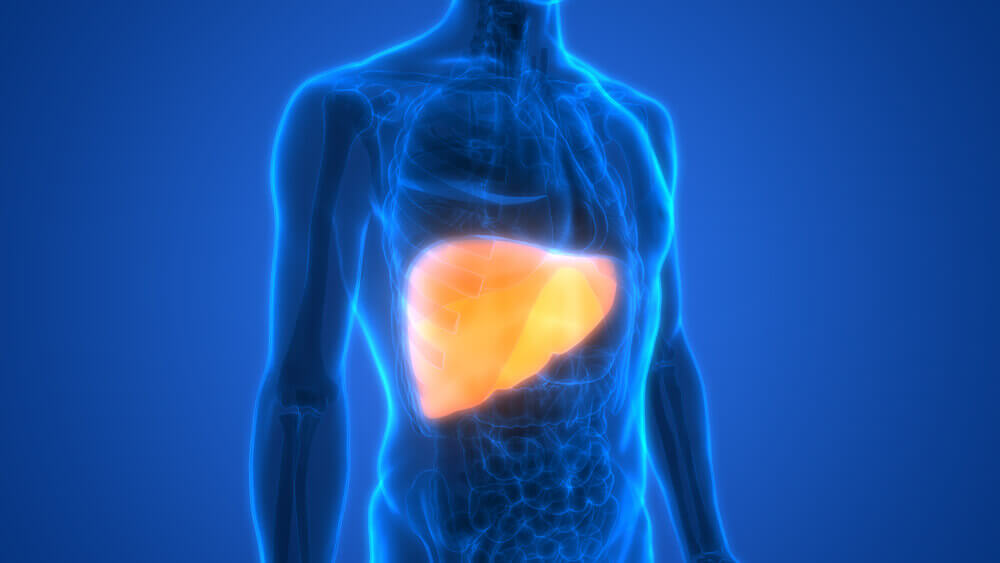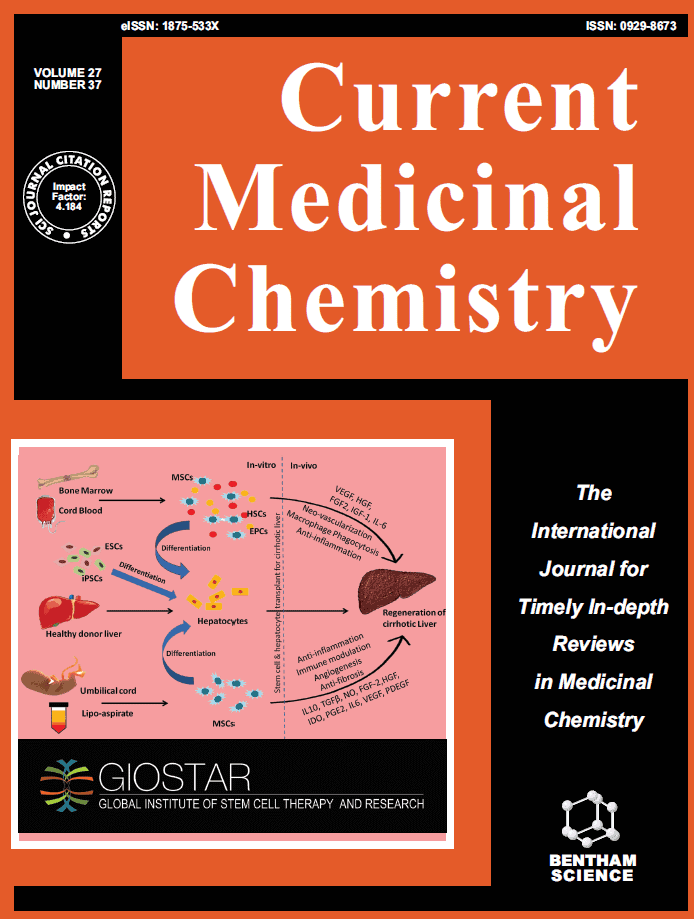
Chronic liver disorders (CLDs) affect roughly 844 million people worldwide. CLDs result in the deaths of about two million people each year. When a full transplant is not an option, regenerative medicine may potentially provide benefit to those who suffer from liver disorders.
A team of researchers, including RegeneVive Chairman and Co-Founder Dr. Anand S. Srivastava, participated in an extensive review of the effectiveness of stem cell-based interventions for end-stage liver diseases. The study – entitled Stem Cell Transplant for Advanced Stage Liver Disorders: Current Scenario and Future Prospects – was conducted by searching clinical trial databases for keywords related to stem-cell based treatment and various Chronic Liver Disorders (CLDs). The team concluded that stem cell-based interventions provide significant improvement in patients who suffer from chronic liver disorders such as chronic hepatitis, liver cirrhosis, and hepatocellular carcinoma.
Background on CLD's
There are several contributing factors to chronic liver disorders. In many Western countries, alcoholism can lead to fatty liver disease, a type of CLD. Non-alcoholic fatty liver disease is also widespread. Virus-mediated hepatitis affects millions of people throughout the world. The biggest impact is felt in parts of Asia, Africa, and Latin America.
Historically, the ideal treatment for these disorders has involved a complete liver transplant. This has typically been an impractical solution, given the dearth of suitable donors, along with the high costs of the procedure.
The review on stem cell transplants for advanced-stage liver disorders looked at various stem cell-based approaches in regenerative medicine. Dr. Srivastava and his colleagues found that promoting self–regeneration of the liver with transplanted cells, or cell-based products, repairs damage and stimulates the generation of new liver cells.
The study also highlights the following key ways in which types of stem cells are used in the treatment of liver disorders:
Transplantation of Hepatocytes
Transplanting new hepatocytes (traditionally defined as the chief functional cells of the liver) into patients with CLDs is now a standard procedure. This involves the use of fresh cells, or cells that have been cryo-stored. These hepatocytes come from liver tissues that were rejected for transplant. The cell’s functionality is kept by cell isolation from steatotic donors.
Stem Cell-Derived Hepatocytes
Mesenchymal stem cells (MSC’s) are found in bone marrow, amniotic fluid, and the umbilical cord. These cells have proven to be effective in providing symptomatic relief to patients suffering from liver disease. MSCs can transform into hepatocyte-like cells using various growth factors.
Bone Marrow-Derived Stem Cells
Bone marrow-derived stem cells have been found to create a therapeutic effect in patients suffering from cirrhosis of the liver. Studies have shown that these hematopoietic stem cells (HSCs) fuse with mature liver cells, and transfer genetic materials that stimulate cell regeneration.
Mesenchymal Stem Cells
MSCs exist throughout the body. They are found in dental pulp, amniotic fluid, and the tissue of the liver, lungs, and the gut. The cells found in bone marrow, adipose tissue, and the umbilical cord have proven the most effective in providing symptomatic relief for patients with cirrhosis. Research by Dr. Srivastava has shown that adipose tissue has traditionally yielded the highest quality of MSC’s.
The review conducted by Dr. Srivastava and his colleagues found that, while stem cell-based interventions provide noticeable improvements in patients with CLD, more studies and analysis are needed.
Any Questions?
The RegeneVive Health and Wellness team welcomes any questions you may have about stem cell research, or the procedures we currently offer patients suffering from numerous degenerative diseases. We invite you to call us at 844-446-7827 or contact us online.
